An Interview with Wycombe Abbey Senior, Her Excellency Lana Nusseibeh, United Arab Emirates Ambassador and Permanent Representative to the United Nations
24 June 2020 - All
Her Excellency Lana Nusseibeh, attended Wycombe Abbey from 1990-1997 going on to read History at Queens’ College, Cambridge. In September 2013, Lana was the first woman from the United Arab Emirates to be appointed to the role of Ambassador and Permanent Representative to the United Nations. In 2017, she was elected as one of the Vice Presidents for the 72nd session of the General Assembly, representing the Asia-Pacific group of member states, alongside being named President of the UN Women Executive Board, and became co-chair of the Friends of the Future of the UN.
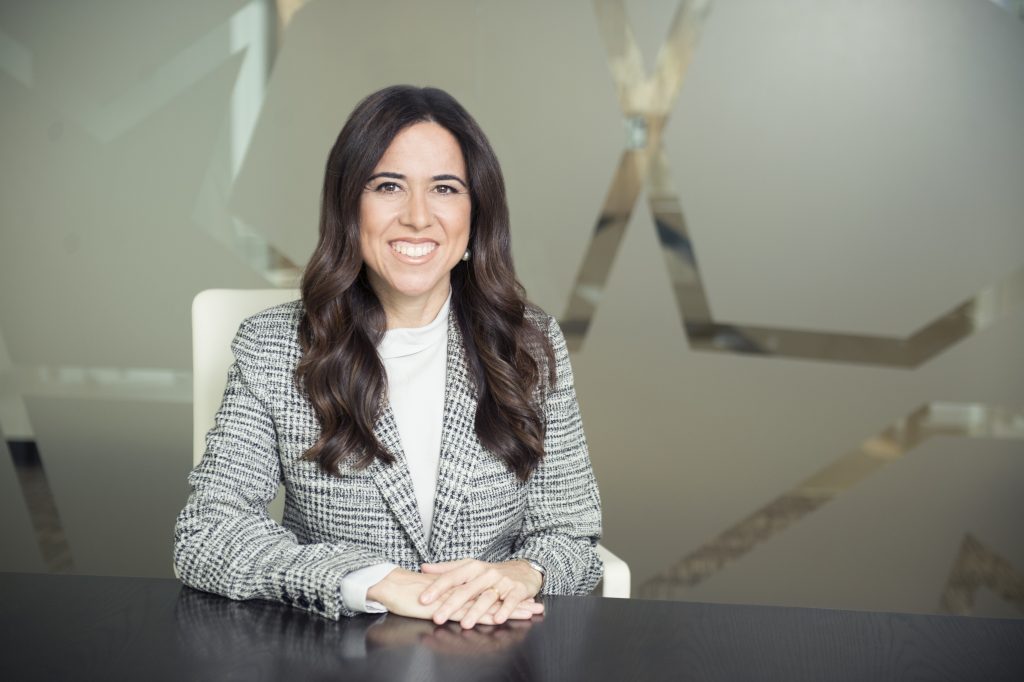
What is your first memory as a pupil at Wycombe Abbey?
It was September of 1990, and earlier that summer I had moved to the United Kingdom from my hometown of Abu Dhabi in the United Arab Emirates. I remember not wanting the car journey to end as I drove with my mother and aunt up the winding hill to Junior House. I remember admiring the beauty of the school grounds, yet also feeling uncertain about the decision to send me to Wycombe, which was made last minute by my parents as the Gulf region heated up amidst Iraq’s invasion of Kuwait earlier that August. Upon arriving at Junior House, I recall the smiling face of Mrs McPherson and her lovely, albeit slobbery, dog Ben, who would become a welcome fixture in my dorm room and walks – especially when I felt lonely in those strange first weeks and months as I adjusted to my very large, very new world. I was relieved when my younger sister Dyala joined me at Wycombe a year later and my world started to become more familiar.
You were Head of Rubens and took part in the full life of Wycombe Abbey, before going up to Cambridge to read History – what were your interests at School and how did you find an outlet for these?
If you had told my 11 year old self in that first uncertain year of school she would be Head of House a few years later and successfully apply to a top university, she would have laughed and said it was impossible – perhaps better suited for the other seemingly confident and more accomplished girls around her.
It took time to settle in and adjust; everything was different from my experiences growing up in Abu Dhabi, including the food, the culture, and academics. It was my first time away from family and I remember reading an incredible amount in those early years, encouraged by teachers who introduced me to an exciting world of new authors. At first, classes were challenging and I worked hard to keep up: for example, I had never been exposed to Latin – which a number of girls seemed quite familiar with – or the concept of lacrosse, including, at first, the alarming idea of early morning practices in muddy and wet weather. These were certainly new experiences. As I adjusted, I threw myself into outlets like Drama, working to get my LAMDA Awards, and performing in our school plays. The Duke of Edinburgh’s award was an exciting experience, as were the various sports on offer at the school in which I engaged with a great deal of enthusiasm – if not skill. I was also active in our school debating society. As Head of House, I was a conduit between the house and our housemistress, Mrs Bradley, often aggregating ideas and suggestions from the girls on how to enhance our school experience. I enjoyed this responsibility, particularly as a sounding board for girls to discuss the challenges they were facing at school or at home.
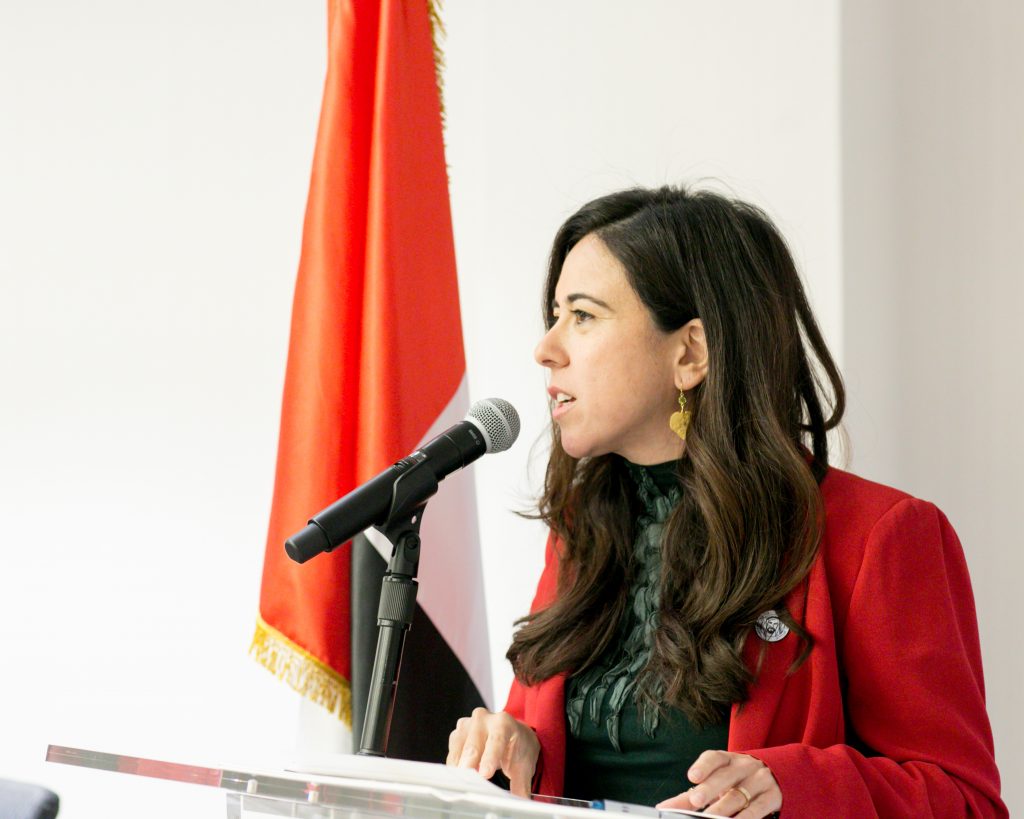
What does Wycombe Abbey mean to you?
Wycombe Abbey was a formative part of my development. I am deeply grateful for the opportunities the school afforded me, and attribute many of my roles and accomplishments to my experiences there. Specifically, the school promoted critical thinking, as well as a rigorous and academic approach to every subject, from literature to history to the scriptures and sciences. I was able to learn under brilliant teachers who were fully committed to helping each girl achieve her full potential, thrive in their chosen subjects, and develop a curiosity and passion for learning. I think boarding school is also a place where you form your most intense friendships and learn how to communicate your feelings; there’s a genuine sense of having a shared experience that makes the conversations you have with friends and peers more meaningful. You grow up together. And my enduring memory is laughter – just making each other laugh and finding so much joy in our shared company is still something that makes me smile today. Especially after some of the pranks that we played…
Wycombe is a place I learned resilience, independence, and friendship. We developed a strong sense of responsibility and endured the various trials and “crises” of adolescence together.
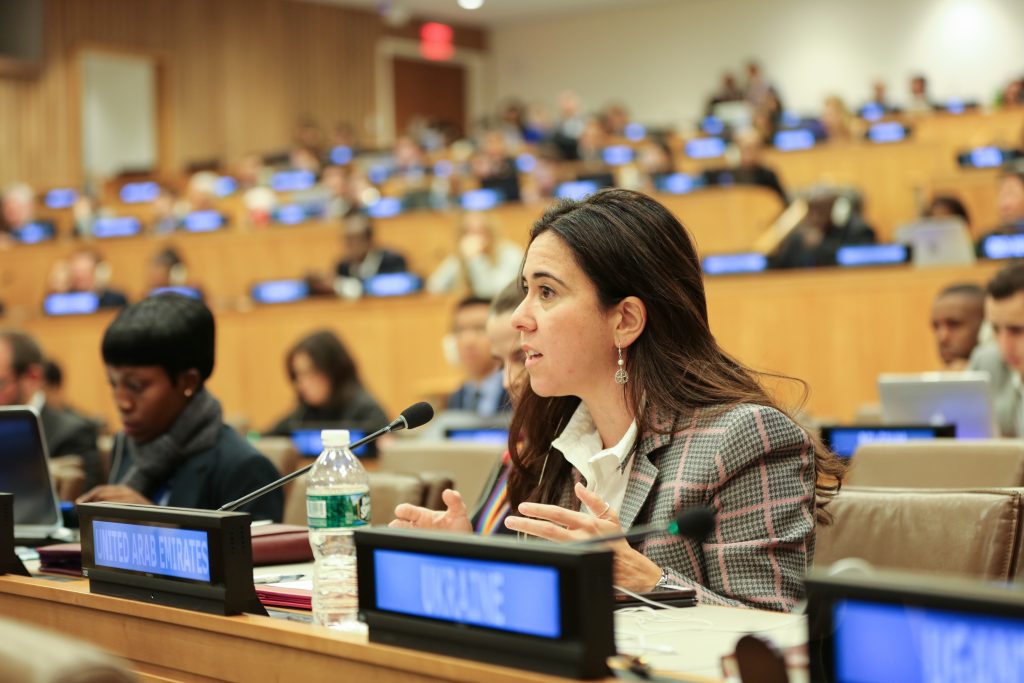
You have published on the topic of women in leadership in the Middle East. You were the first woman appointed to the role of UAE Ambassador and Permanent Representative to the UN – what does the future look like for young women today?
While so much has changed for women all over the world, there is still much work to be done. How can we ever hope to achieve a more just, equitable, and prosperous society if 50 percent of the world’s population is left behind? The economic argument should convince anyone as well as the moral argument: a recent study showed that if women were to participate equally in the global economy, we could add 26 percent to annual global GDP by 2025. And in the peace and security space, we have data showing that peace agreements are significantly more durable when women are involved in the process.
One thing I have learned is that women need to pull each other up as we go. This is because years of siloed networks, boy’s clubs, and unconscious bias have created an entrenched system that disadvantages women. It will require a concerted effort to cultivate a world in which men and women thrive equally when provided the same opportunities. I was fascinated by a recent study that indicated a strong correlation between competent, female leadership and successful government responses to Covid-19 across several variables. I am lucky to represent a country where women are a central part of our nation’s success story.
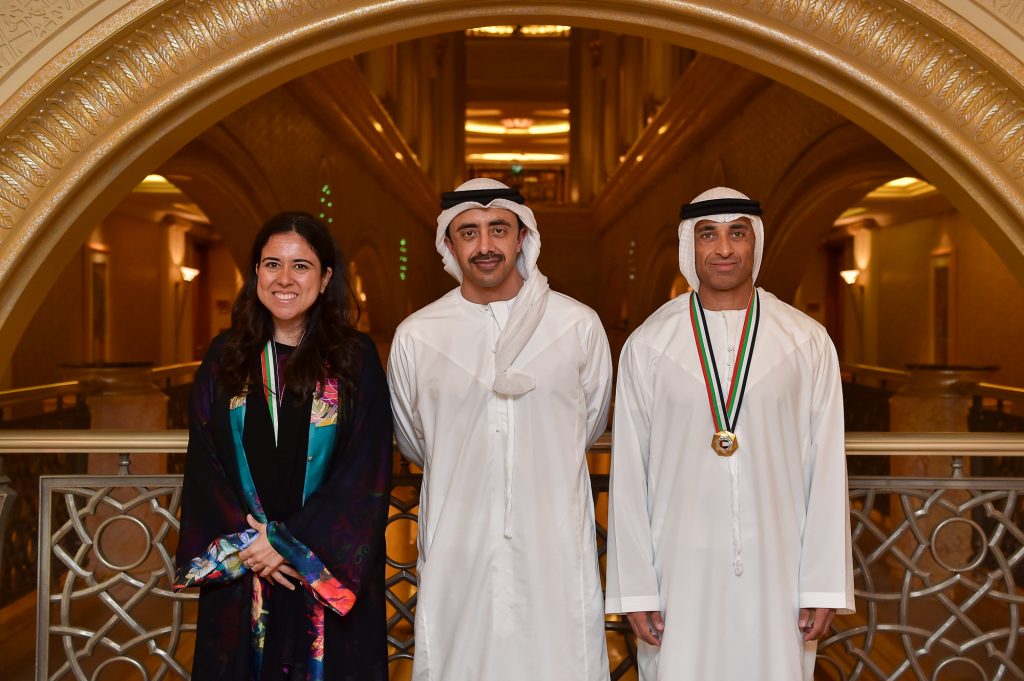
You recently hosted Wycombe Abbey MUN girls at the UN – what did you enjoy most about the meeting?
The girls were passionate, articulate, engaged, and very well-prepared. I enjoyed meeting them and was delighted to find out several of them had visited the UAE! It shows how globalized the world has become. When I attended Wycombe, I had to show my friends on a map where my country was in the world. I think the MUN program is a great addition to Wycombe’s curriculum; it brings them to the heart of the world order and shows them what the international community at its best looks like – when all countries, large and small, are negotiating around the same table. This is an incredible experience. And as historical memory fades and the reasons behind the UN’s establishment following WWII – to “save succeeding generations from the scourge of war” – become less clear, it is important to see the great work the UN does, both at headquarters and around the world, to offer people a chance in life to survive and thrive. It is a noble effort to challenge the rampant injustices and inequalities in this world. We need the UN and it is important that schools incorporate this global citizenry perspective into their respective curricula, especially at a time when nationalism, hard borders, and a fear of the ‘other’ are sadly being weaponized in global affairs.
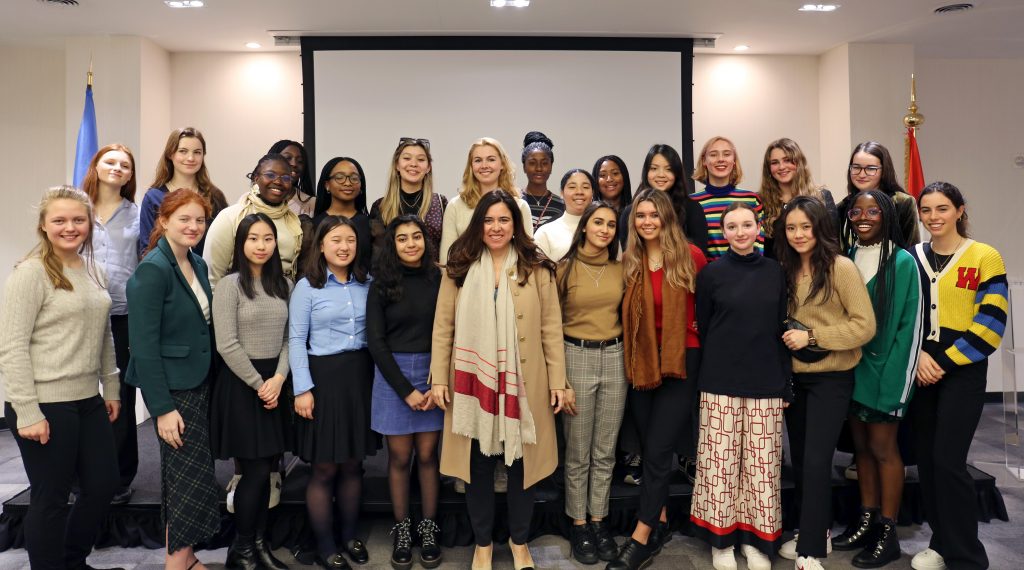
Who have been inspirational figures in your life?
Many individuals, both historical and current. One piece of advice is that no matter your profession or career choice, pick out a person you admire and try to identify the reasons why you admire them. It helps you hone those traits and further develop your professional and personal skills. Humility regarding what you don’t know, as well as openness to learning from other people’s expertise, is an underrated quality.
And how far does one’s school education help illuminate a future path, in your opinion?
This is a tough question given the speed at which technology is transforming our world. For example, AI and automation will revolutionize the job market for our children and grandchildren; it’s difficult to predict how these changes will impact future professions, and consequently, how younger generations will need to learn and acquire skills. I have a 7 year old and an 11 month old, both of whom still have a long way to go in their education. And yet I already see discussions on how to prepare them for tomorrow’s economy happening in their school system, with more questions being asked than answers given.
That said, I believe my father’s advice holds true today: love what you do and study what you love, read widely on every subject, and learning languages opens doors to new worlds of literature and thinking. As a diplomat, you have to resign yourself to being a generalist and move between subjects at often alarming speed. Perhaps that’s not a bad set of skills and I hope Wycombe girls will consider joining their respective diplomatic services in the future – it’s a fulfilling career that often puts you at the heart of making a difference.
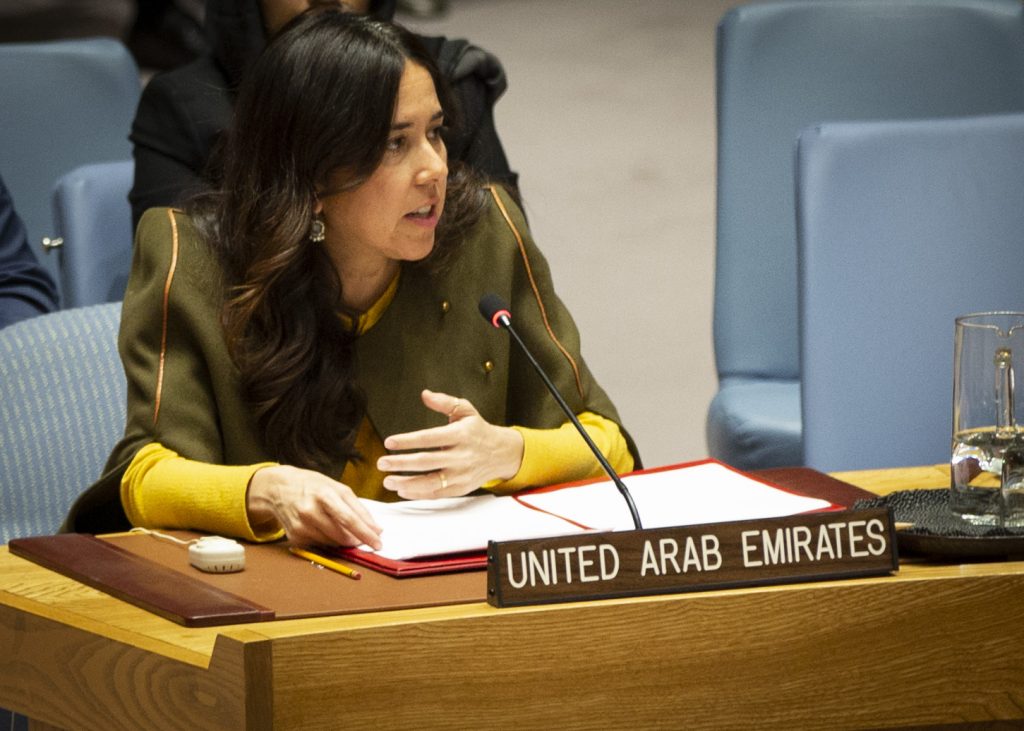
If you could give your 15 year old self one piece of advice, what would it be?
Worry less and enjoy the time more – it’s a unique period in life when the world is laid before you to absorb and engage. Enjoy learning for its own sake, not for the sake of exam results – your class rank at 15 won’t carry weight much later. Do something that scares you more often and then do it again until it scares you less, whether it’s public speaking, sports, or anything you’re secretly wishing to try. I remember calling my father a few hours before my Scripture A-levels, having a panic attack that I was going to fail and that I couldn’t remember a thing after revising all night. And I remember listening to his sage advice, taking a walk through town, and putting away my books! On that walk, I remember peering through the library windows at girls studying and thinking that I had gone mad. All the things we often worry about are far worse in our imagination than in reality. The best advice is often to take a deep breath and know that it will be ok, whatever the outcome.
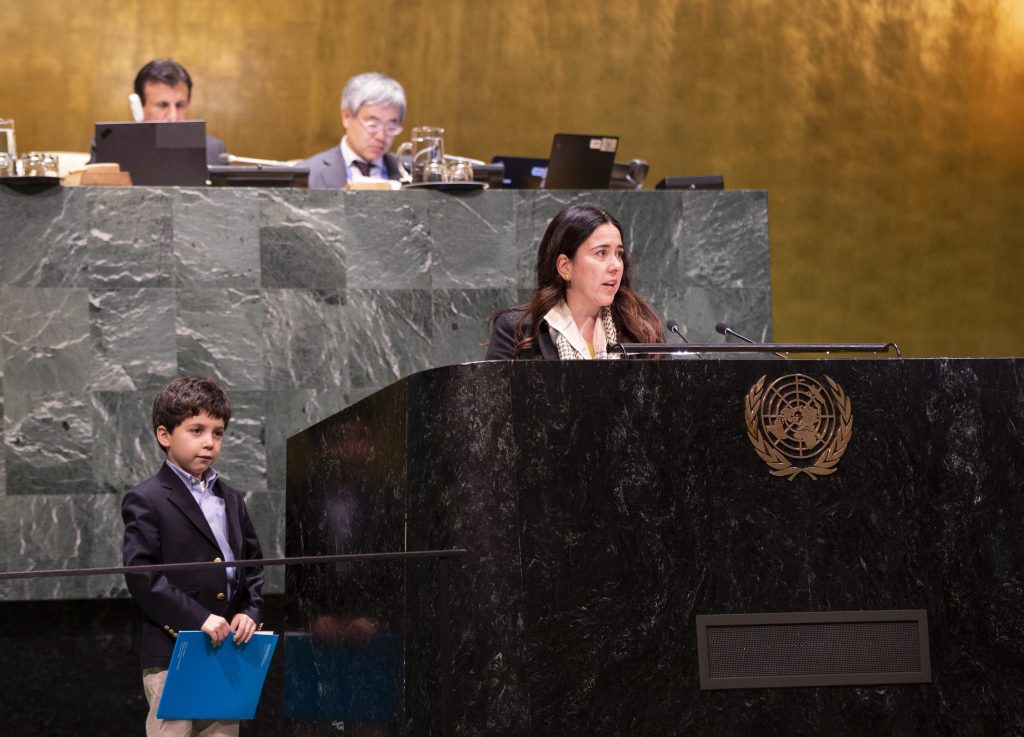
Who were your closest friends and favourite members of staff and what is your lasting memory of Wycombe Abbey?
As a diplomat, it goes against the grain to call out “favourites”. I had a few very close friends throughout my seven years at Wycombe and I will always treasure the support system we provided each other. I will cherish the often intense and hilarious conversations we had about life as we continued to grow and learn from each other.
As for teachers, I think they were all excellent and I am grateful to each one who taught me. I am especially thankful to those who gave me a passion for the subjects I would pursue through A-level, university, and my professional career. I remember being tormented at the time between choosing whether to read History at university (taught by the brilliant Mrs. Raraty) or English, taught by the very passionate Mrs. O’Rourke in my early years. Two memories that stand out: Mrs. O’Rourke looking outside our class window during my first year and declaring that it was such a beautiful day we would all run outside and act out “A Midsummer Night’s Dream” on the grass, which was a magical change from the classroom. And my gratitude to Mrs. Raraty for making history come alive for me, including the extra attention she gave to anyone who was interested in delving deeper into the subject and sharpening our arguments as we prepared for university interviews. I will always be grateful for her training in analytical thinking.
As for my lasting memories of Wycombe – there are a few: I loved Christmas shopping in Marlow, carol services and singing in chapel, long walks with friends, getting excited right before holidays and heading home to the UAE or to London for shorter trips – and then being eager to return and share those experiences with friends.